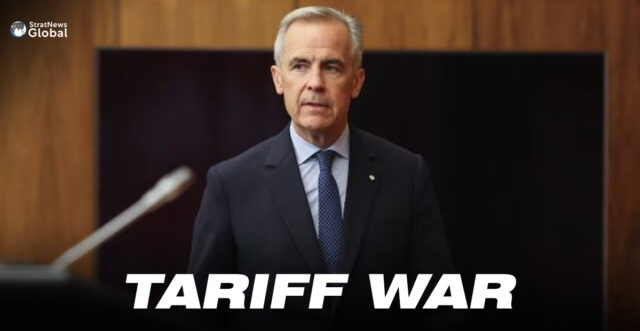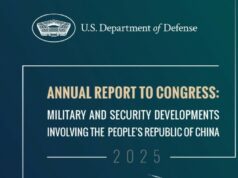Canadian Prime Minister Mark Carney voiced his disappointment on Thursday after U.S. President Donald Trump issued an executive order raising tariffs on Canadian goods from 25% to 35% for items not covered under the U.S.-Mexico-Canada trade pact.
The move, which Washington linked in part to what it said was Canada’s failure to stop fentanyl smuggling, is the latest salvo in Trump’s months-long tariff war initiated soon after taking power.
Trump ramped up his trade war with Canada just one day before the August 1 tariff agreement deadline, stating it would be “very hard” to reach a deal after Canada voiced support for Palestinian statehood.
“Wow! Canada has just announced that it is backing statehood for Palestine. That will make it very hard for us to make a Trade Deal with them,” Trump said on Truth Social.
Tariff Negotiations
Carney previously said tariff negotiations with Washington had been constructive, but the talks may not conclude by the deadline. Talks between the two countries were at an intense phase, he added, but a deal that would remove all U.S. tariffs was unlikely.
Canada is the top supplier of steel and aluminium to the United States, and faces tariffs on both metals as well as on vehicle exports.
US duties and tariffs will heavily affect lumber, steel, aluminum, and automobiles, Carney said in a post on X, vowing action to protect Canadian jobs, buy its goods, invest in industrial competitiveness and diversify export markets.
To justify its step, the U.S. has cited the cross-border flow of fentanyl, even though Canada accounts for just 1% of U.S. fentanyl imports and has been working intensively to further reduce the volumes, Carney added.
Canada is the second-largest U.S. trading partner after Mexico, and the largest buyer of U.S. exports. It bought $349.4 billion of U.S. goods last year and exported $412.7 billion to the U.S., according to U.S. Census Bureau data.
(With inputs from Reuters)





